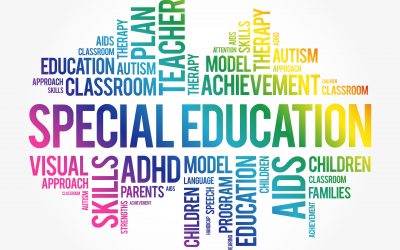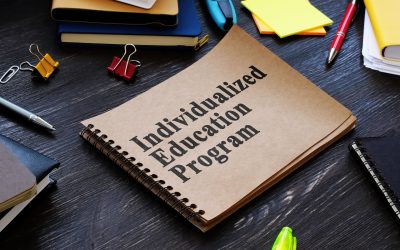When an IEP Team is considering paraeducator support for a student, all aspects of the student’s IEP must be examined, with the focus always being on maximizing student independence to avoid unintentionally fostering dependence on the paraeducator. This training will focus on how IEP teams can evaluate a student’s need for 1:1 support using various tools.
Itinerant Specialists
Private School Processes and Guidelines
Participants will learn the definition of a private school student, according to the IDEA, and understand the responsibilities of students with disabilities not enrolled in publicly funded schools.
Section 504 Training
This training will focus on the legal requirements when parental consent to the proposed offer of FAPE is not obtained and will provide the next steps in the IEP process.
The Unsigned IEP
This training will focus on the legal requirements when parental consent to the proposed offer of FAPE is not obtained and will provide the next steps in the IEP process.
Understanding and Implementing Accommodations/Modifications
This training discusses the difference between accommodations and modifications and how environmental supports may be used to enhance student learning. The training will also focus on the importance of accommodations and modifications in promoting equity and improving student access and achievements.
Parent Consent and Exceptions
This training will guide IEP teams on technical next steps when parents provide full consent to the IEP or sign with exceptions.
Take Note: How to Take Effective IEP Notes
This training is designed to teach IEP team members the best practices for taking IEP notes. Information presented will include what should and should not be stated in the IEP notes, best practices for IEP note-taking, and how to handle disagreements over IEP notes.
The IEP Page-by-Page: Individual Transition Plans
When an Individual Transition Plan (ITP) is included in an IEP, it largely drives the rest of the IEP. This training will prepare attendees to develop legally compliant and student-centered ITPs. Examples and suggestions for developing legally defensible ITPs will be provided.




